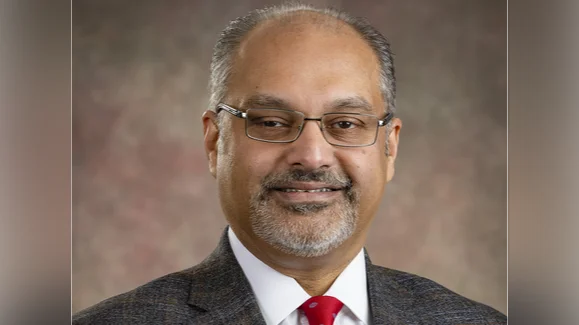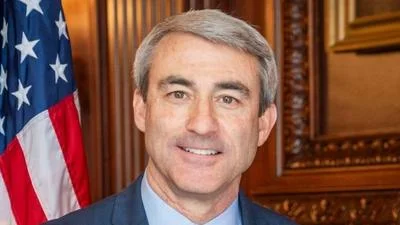Imran Andrabi, MD, FAAFM President and CEO | ThedaCare Regional Medical Center-Appleton
Imran Andrabi, MD, FAAFM President and CEO | ThedaCare Regional Medical Center-Appleton
Heart attacks are not typically a concern for younger adults, but cardiovascular care teams aim to change this perception. Dr. Richard Santa Cruz, a cardiologist with ThedaCare Cardiovascular Care, notes an increase in cardiovascular issues among younger individuals, including heart attacks.
Dr. Santa Cruz explains that "a heart attack, also known as a myocardial infarction, occurs when part of the heart muscle is deprived of blood." He emphasizes the importance of restoring blood flow quickly to minimize damage to the heart muscle.
The rise in heart attack incidents among younger people is linked to risk factors such as diabetes, high blood pressure, and high cholesterol. Dr. Santa Cruz observes these trends locally and highlights the importance of addressing cardiovascular disease risks at any age.
A 2019 study by the American College of Cardiology (ACC) revealed a steady increase in heart attacks among those under 40. The study found that young patients have similar adverse outcomes from heart attacks as older individuals, including higher chances of subsequent heart attacks or strokes.
Dr. Santa Cruz attributes contributing factors to sedentary lifestyles, unhealthy diets, high stress levels, and obesity rates. He stresses the need for awareness: "Don’t assume you’re too young to have a heart attack," urging people to recognize symptoms and seek help immediately.
According to the Centers for Disease Control and Prevention (CDC), signs of a heart attack include chest pain or discomfort, cold sweat, pain in various body parts, nausea, rapid heartbeat, shortness of breath, and other symptoms more common in women like fainting and fatigue.
Dr. Santa Cruz advocates for adopting heart-healthy habits: "Everyone can benefit from following heart-healthy habits." He advises on maintaining a healthy diet and weight, quitting smoking, managing cholesterol and blood pressure levels, moderating alcohol intake, managing stress effectively, and ensuring adequate sleep.
"The choices we make throughout life accumulate," says Dr. Santa Cruz. He encourages all ages to start making smarter choices for better heart health.






 Alerts Sign-up
Alerts Sign-up